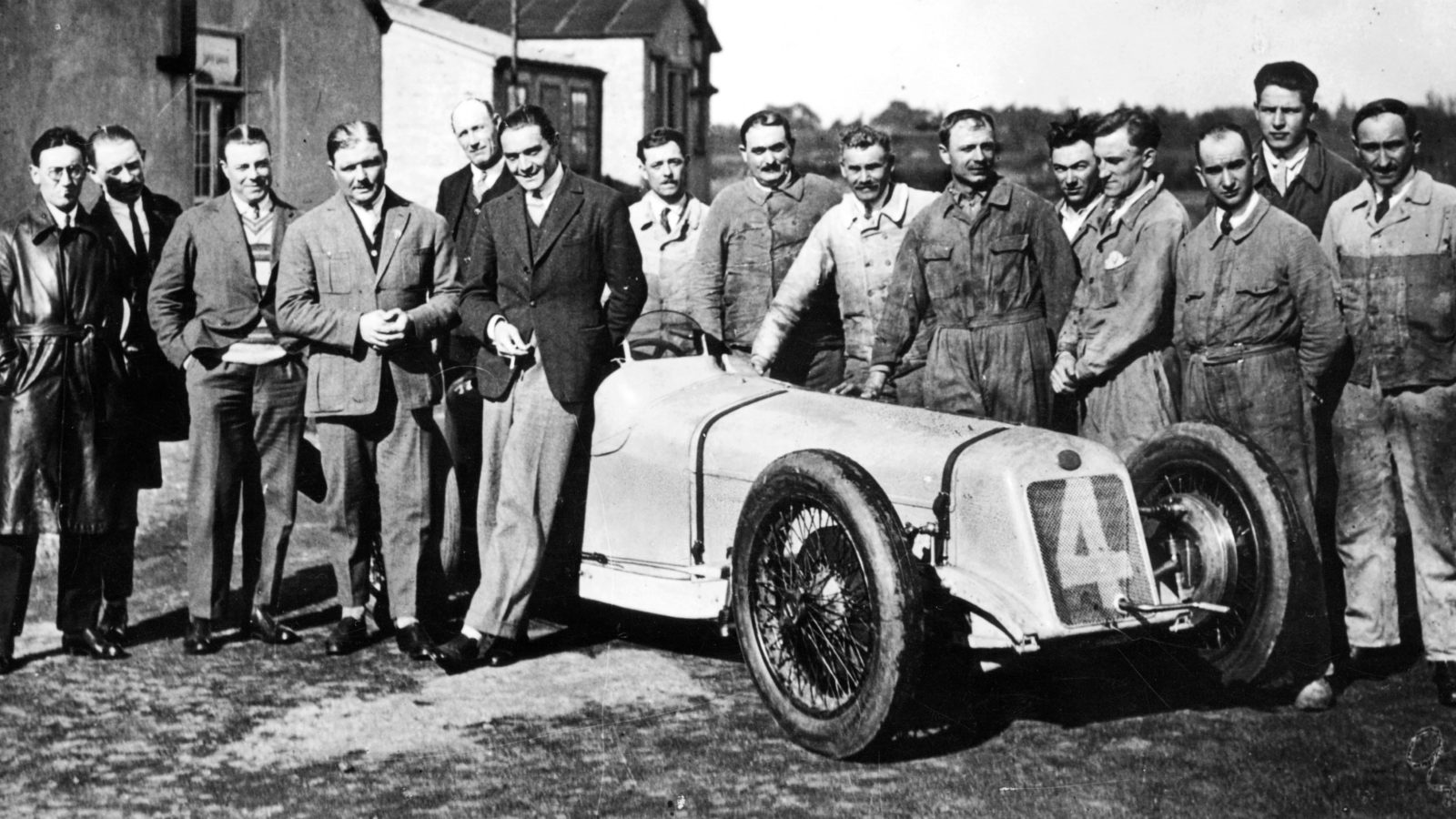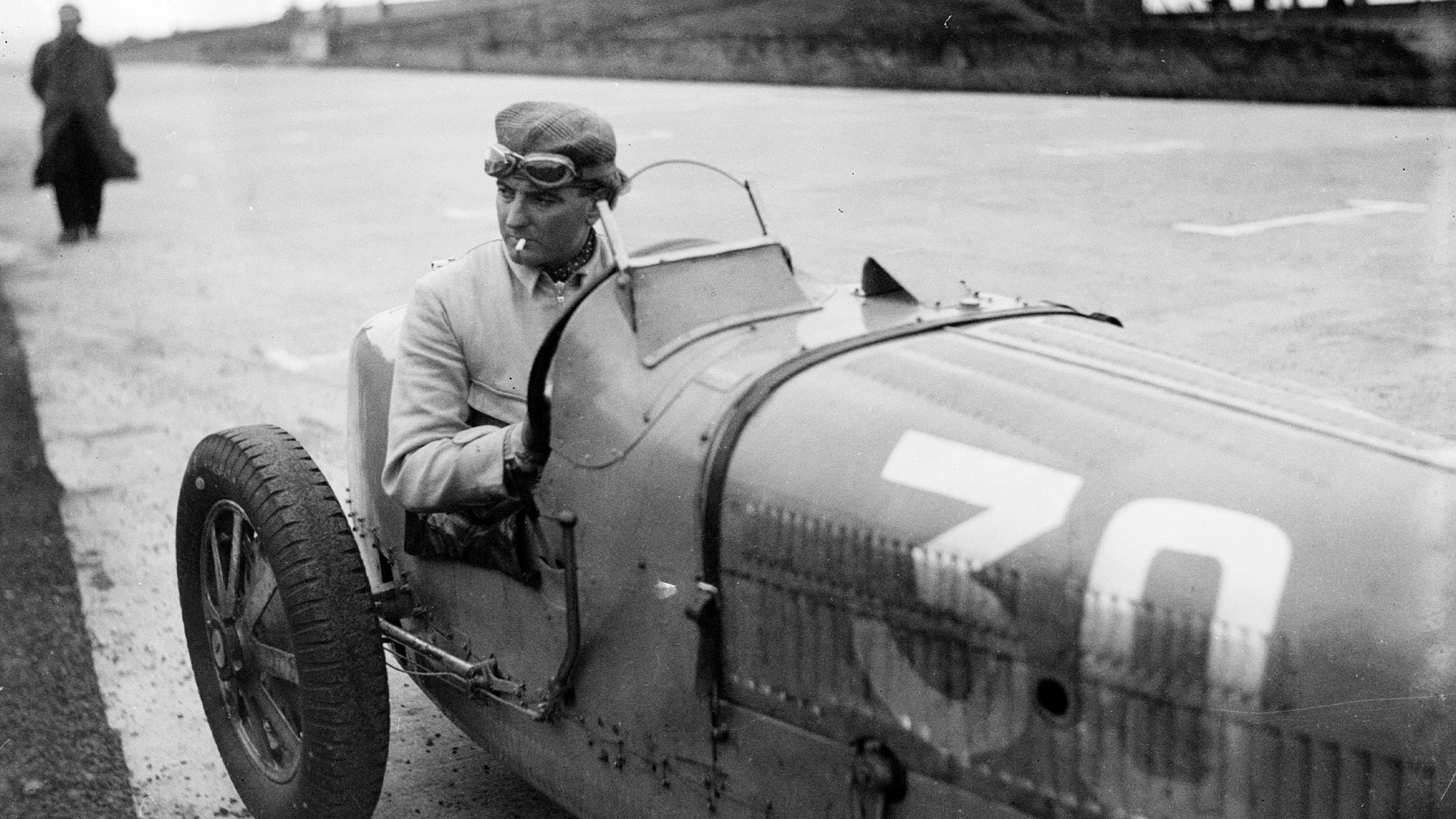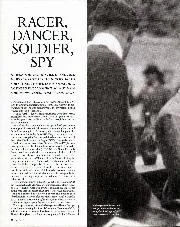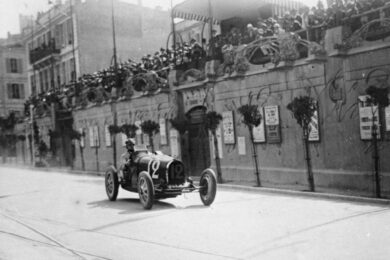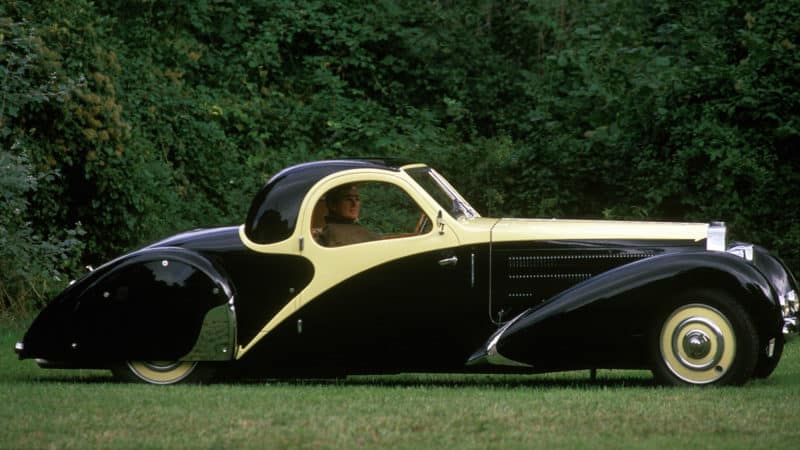Within a few days Guderian’s tanks had reached Abbeville and the 1st Armoured Division was badly mauled by the Panzers while attempting a counter-attack at Abbeville. South of the German lines, outside the trap, communications had broken down. The Allies tried to organise a counter-attack and Willy drove to Paris, delivering staff officers to meetings there. It gave him a chance to see his family.
“He came to have lunch,” remembered his niece Jessie Teager. “He told us that we were losing the war and that the Germans were coming. Luckily my father [Richard Wright Whitworth] had already gone to England.”
Willy’s brother Frédéric also remembered that visit. “He came at the end of May and told the family not to stay, saying that it was finished and it would be better for them to go to the south.”
While Willy was in Paris the Allied forces trapped on the Channel coast began evacuating from the beaches of Dunkirk. Ships of every kind came across from England to save the army. By the time the evacuation was over nearly 340,000 soldiers had escaped through the Dunkirk pocket. Seventy thousand had been killed, captured or were missing. At lunchtime on June 3, as the last battles were being fought at Dunkirk, the Luftwaffe bombers turned on Paris. At Le Bourget, large numbers of French warplanes were destroyed on the ground. The Air Ministry on the Boulevard Victor received several direct hits and the railway junctions at Versailles and St Cyr were seriously damaged.
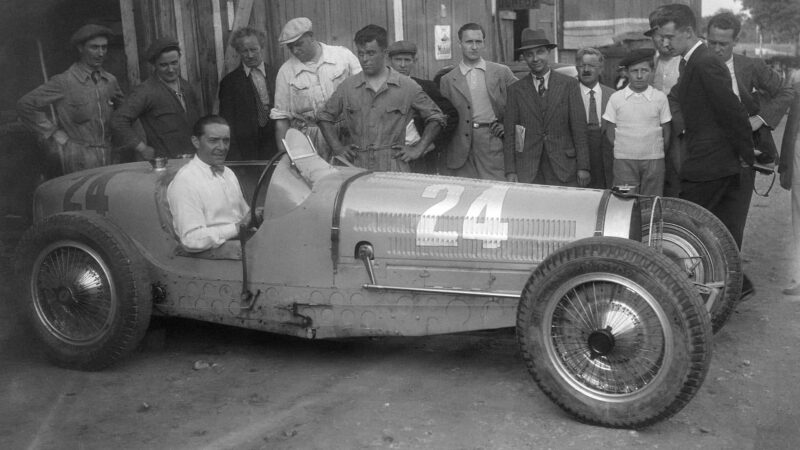
Benoist would ultimately lose his life in September of 1944 at Buchenwald
Keystone-France/Gamma-Rapho via Getty Images
German armour began moving south towards Paris. France’s military organisation folded and, by the weekend of June 8/9, German guns could be heard from Paris as the invaders broke through the French lines on the River Aisne. The French authorities parked vehicles across the great Parisian boulevards to prevent gliders landing and an unprecedented exodus of people began, as the population headed out of the city across the Pont de Sèvres and down the RN10 to Versailles and on to Chartres. They used whatever means of transport was available and the road quickly became clogged with cars, trucks, limousines, taxis, hearses, tractors and even hand carts. The traffic moved at barely walking pace and along the road all shops were stripped of provisions. Petrol was almost impossible to find.
